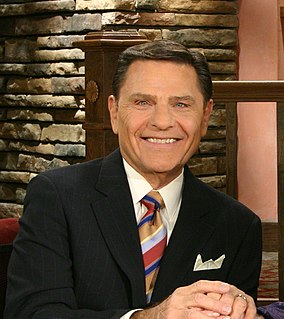A Quote by Hippocrates
I also maintain that clear knowledge of natural science must be acquired, in the first instance, through mastery of medicine alone.
Related Quotes
Medicine is a social science, and politics is nothing else but medicine on a large scale. Medicine, as a social science, as the science of human beings, has the obligation to point out problems and to attempt their theoretical solution: the politician, the practical anthropologist, must find the means for their actual solution. The physicians are the natural attorneys of the poor, and social problems fall to a large extent within their jurisdiction.
Everybody allows that to know any other science you must have first studied it, and that you can only claim to express a judgment upon it in virtue of such knowledge. Everybody allows that to make a shoe you must have learned and practised the craft of the shoemaker, though every man has a model in his own foot, and possesses in his hands the natural endowments for the operations required. For philosophy alone, it seems to be imagined, such study, care, and application are not in the least requisite
We look for medicine to be an orderly field of knowledge and procedure. But it is not. It is an imperfect science, an enterprise of constantly changing knowledge, uncertain information, fallible individuals, and at the same time lives on the line. There is science in what we do, yes, but also habit, intuition, and sometimes plain old guessing. The gap between what we know and what we aim for persists. And this gap complicates everything we do.
We profess to teach the principles and practice of medicine, or, in other words, the science and art of medicine. Science is knowledge reduced to principles; art is knowledge reduced to practice. The knowing and doing, however, are distinct. ... Your knowledge, therefore, is useless unless you cultivate the art of healing. Unfortunately, the scientific man very often has the least amount of art, and he is totally unsuccessful in practice; and, on the other hand, there may be much art based on an infinitesimal amount of knowledge, and yet it is sufficient to make its cultivator eminent.
It is easy in ministry or in life, to begin to rely on acquired knowledge instead of fresh knowledge revealed. We must maintain our union with Him to enjoy fresh oil and then there is no old oil. The life of God or presence of God can't be stored, it has to be current. It is a well of life, continually outflowing.
First therefore let us seek the dignity of knowledge in the archetype or first platform, which is in the attributes and acts of God, as far as they are revealed to man and may be observed with sobriety; wherein we may not seek it by the name of Learning; for all Learning is Knowledge acquired, and all Knowledge in God is original: and therefore we must look for it by another name, that of Wisdom or Sapience, as the Scriptures call it.
And when comfort is what we want, one of the most powerful tonics alternative medicine offers is the word 'natural.' This word implies a medicine untroubled by human limitations, contrived wholly by nature or God or perhaps intelligent design. What 'natural' has come to mean to us in the context of medicine is 'pure' and 'safe' and 'benign'. But the use of 'natural' as a synonym for 'good' is almost certainly a product of our profound alienation from the natural world.
The theory of medicine, therefore, presents what is useful in thought, but does not indicate how it is to be applied in practice-the mode of operation of these principles. The theory, when mastered, gives us a certain kind of knowledge. Thus we say, for example, there are three forms of fevers and nine constitutions. The practice of medicine is not the work which the physician carries out, but is that branch of medical knowledge which, when acquired, enables one to form an opinion upon which to base the proper plan of treatment.



































